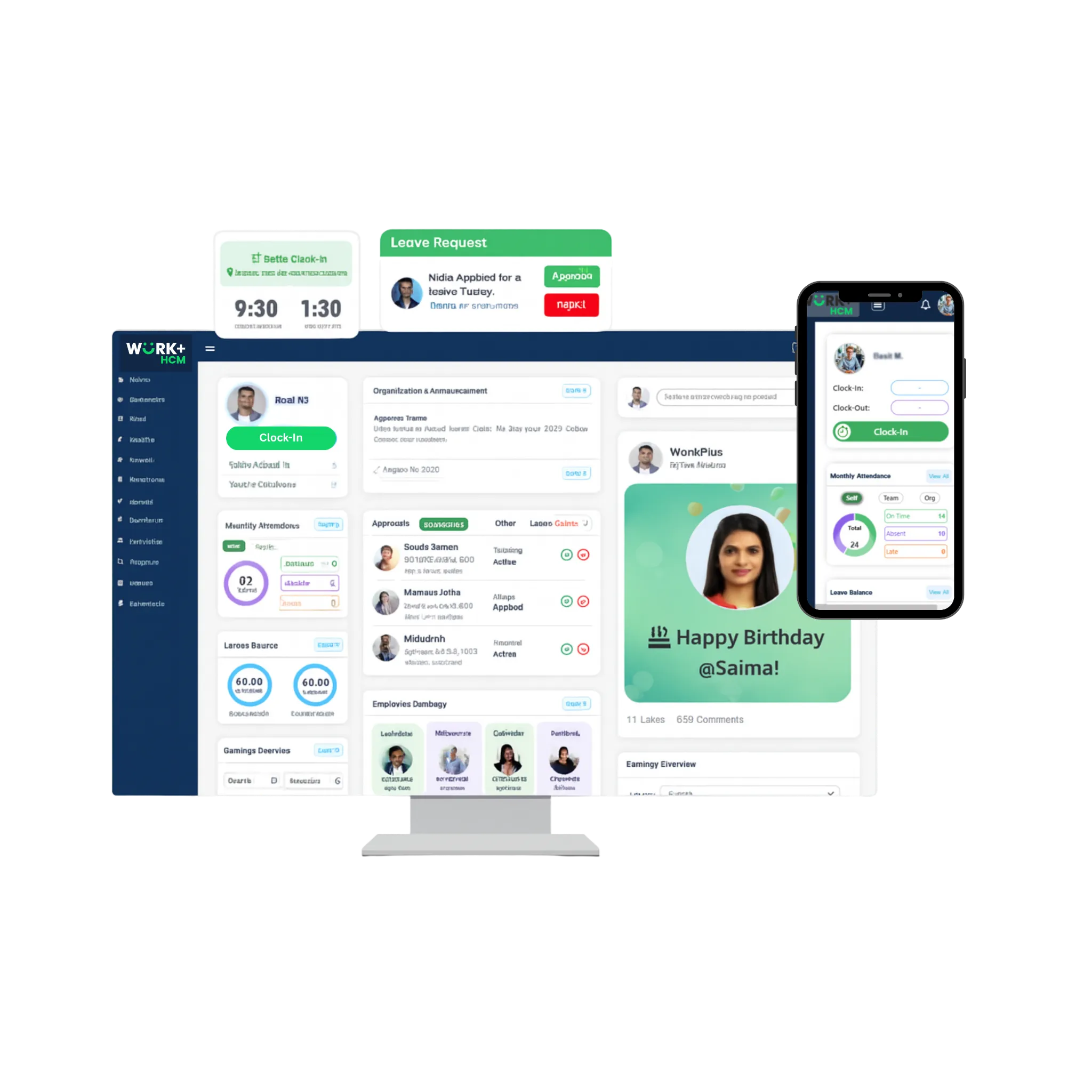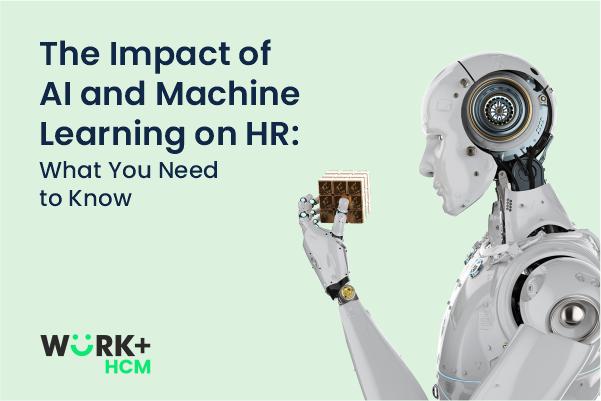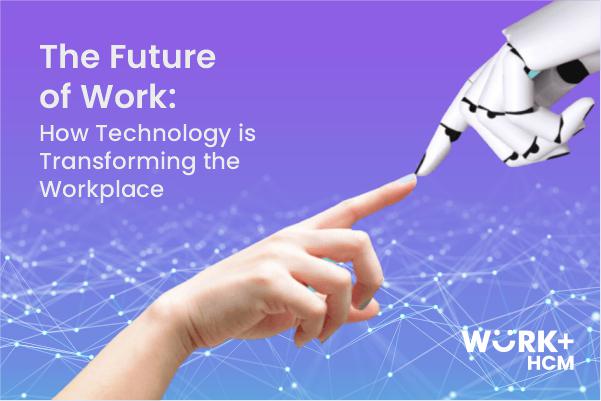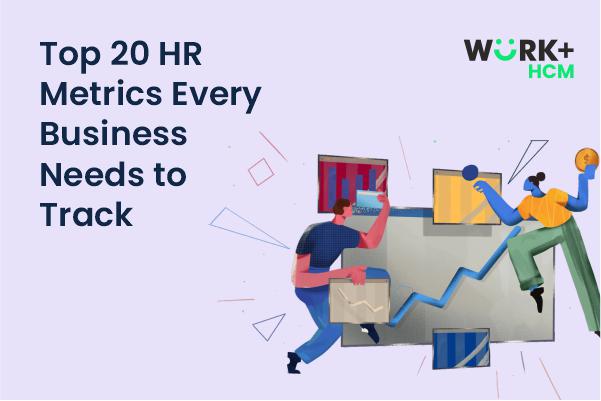From Requests to Insights

From Requests to Insights: The Rise of AI-Enabled Employee Self-Service Portals
Jessica Calaoagan
November 05, 2025 | 11-mins read
Over the past 10 years, the workplace has undergone a really big digital change. One of the most significant changes is the development of AI-enabled employee self-service portals— platforms that allow employees to directly manage their HR related tasks, at any time and from any location. For companies in the UAE, where the diversity of the workforce requires that tasks be done quickly, easily, and with full compliance, these portals are becoming more and more necessary.
This piece will delve into the futuristic attributes of self-service portals and their benefits for HR and employees, design aspects for the UAE market, and how the use of AI in HR can lead to a complete reorganization of the department.
What Modern Employee Self-Service Portals Offer
The traditional HR desk, where employees used to queue up to submit their papers or request payslips, is slowly fading away. The employee self-service portal UAE of today in the UAE merges the simplicity of the design with effective automation to satisfy the customer with a neat and clean one-stop platform. Some of the most common features are:
- Leave & Attendance Requests: Employees can create an application for leave, check attendance, and look at the available balances on the spot through the portal. Automated workflows send requests to the managers for their approval, thus saving time and ensuring compliance by the supervising organization.
- Payslip Views & Salary Information: The time for the asking HR to email you the payslips is over. Workers can get their payslips in a safe way, get salary structures, and view historical payments from their dashboard.
- Internal Feedback Channels: Integrated feedback forms allow employees to raise concerns, contribute suggestions, and even get involved in pulse surveys, thus making the flow of information more open.
- AI-Powered FAQ Chatbots: The understandable chatbot technology takes care of simple tasks like “How do I reset my password?” or “When will my gratuity be paid?” accordingly lowering the HR support, which can be used to do other important tasks.
- Document Uploads & Access: In case the employee wants to upload his/her visa documents, fill out medical insurance forms, or access company policies, he/she can do all these activities in the central hub, which is just a few clicks away.
How Self-Service Portals Transform HR Operations
The shift to self-service is not just about convenience—it has tangible business benefits that have a positive impact on HR efficiency.
1. Reducing HR Support Volume
In the case when employees can get their payslips, check the leave balance, and download the required documents without the help of HR staff, the latter will have fewer repetitive queries for which they will need to provide answers. So HR professionals can have more time on strategic issues rather than on administrative work.
2. Speeding Up Response Times
It is quite common that employees ask their questions by email and wait for the responses they may need for days. Instead, they can get their answers not only in a chat but also through an automated workflow instantly. Expedited response times lead to efficient execution of payroll, attendance, and compliance without hindrances.
3. Increasing Transparency
Workers get access to the status of their leave applications, payroll deductions, and appraisal results. And with the transparency comes the trust between parties, along with lessened disputes.
4. Enhancing Employee Satisfaction
Self-service equips employees with the information they need to stay in control. The outcome? An employee who has a heightened sense of belonging and is happy at work.
Truly, companies that deliver employee experience platform UAE solutions have higher engagement levels and lower attrition rates than those that completely rely on traditional HR processes.
Mobile Accessibility & UX Design Considerations
Mobile-first design is essential in the UAE, where employees are regularly working in different shifts, cities, and even remote sites. A contemporary self-service portal should present:
- Mobile Accessibility: Employees ought to be able to perform activities like submitting leave requests, checking attendance, and viewing payslips from their smartphones, thus ensuring access outside the office environment.
- Localization: Since the workforce in the UAE is so diverse, localization is an important aspect. Portals should allow for multiple languages (Arabic, English, Hindi, Urdu, Tagalog) and also take into account the names of the regional cities like Dubai, Abu Dhabi, Sharjah, etc.
- Timezone & Business Norm Compliance: HR processes have to be in line with UAE working hours, weekends (Friday–Saturday), and labor law requirements. For instance, leave calculations should be made in a way that automatically takes UAE public holidays into consideration.
- Intuitive UX: Employees who are not so digitally literate should still be able to use the platform easily if it has simple features like clear icons, step-by-step prompts, and accessible navigation.
Ignoring these factors, an employee portal is at risk of having a low adoption rate, which is against the idea of self-service.
Mobile Accessibility & UX Design Considerations
One of the coolest things that AI self-service HR software can do is provide tons of data. Every request, feedback entry, and chatbot interaction is essentially a data point contributing to the overall dataset. This dataset can now provide HR leaders with actionable insights.
This is how companies can gain these insights:
- Identifying Common Requests: If employees are frequently asking about overtime rules or medical insurance claims, then HR can not only update FAQs but also create training sessions and adjust policies for clarity.
- Understanding Sentiment: Feedback forms, along with chatbot sentiment analysis, can provide clues about the employee morale trends. As an example, a rise in negative feedback after new changes to the policy may suggest that there are gaps in the communication.
- Spotting Process Bottlenecks: The data on the repeated delays-six times in a row, for example, leave approval getting stuck with the same manager-can lead HR to discover which processes are inefficient.
- Policy Improvement: Usage data-driven insights allow the HR leaders to update the policies that have become obsolete, create better benefit programs, and align the processes with the employees’ needs.
- Strategic Workforce Planning: By integrating portal usage data with ERP and BI tools, organizations can not only staff the future positions that will be needed but also budget HR costs and allocate resources most efficiently.
Case in Point: UAE Companies Leading the Way
Self-service enabled by AI has become the main success factor for several UAE-based organizations that have already achieved several positive outcomes:
- Hospitality Group in Dubai: Set up an employee portal with a multilingual chatbot for support. Consequently, HR query volumes have declined by 40%, and satisfaction levels of employees have improved due to shorter waiting times for responses.
- Logistics Company in Sharjah: Align their self-service structure with payroll and attendance tools. Soon, employees are able to verify their overtime and shift schedules on mobile, which in turn has allowed payroll disputes to decrease considerably.
- Healthcare Provider in Abu Dhabi: Opened a feedback-enabled portal to gather employee sentiment in real-time. The insights have led to the improvement of shift policies, which in turn have lowered staff burnout and turnover.
These cases help to recognize that self-service is no longer just an easy way out of problems, but a strategic enabler for better workforce management in the Middle East.
Checklist for HR Leaders Considering AI-Enabled Portals
Top HR executives should deeply assess multiple vendors before making a decision on the implementation of a self-service system. Just mull over the points below:
- Compatibility: Will the system be seamlessly integrated with payroll, ERP, and compliance systems without any problems?
- Localization: Is it for the languages of the UAE, names of the cities, and labor law modules?
- AI Capabilities: Are there FAQ chatbots, sentiment analysis, and predictive insights that can be used?
- Mobile Readiness: Is the portal fully responsive on iOS and Android devices?
- Data Security: Does the platform comply with UAE data protection laws that provide encryption and role-based access?
- Vendor Support: Is the provider available to give training, technical support, and continuous updates?
Why the Future Is Self-Service and AI-Driven
The change in employee self-service portals that has occurred is indicative of a wider change in human resource management that is moving from junior problem-solving to experience management of employees. In the labor market of the UAE, which is very competitive and where the attraction and retention of the right talent is of utmost importance, these portals have gone beyond being just a convenience to becoming a necessity.
Allowing employees to directly manage their human resources needs is a great way for organizations to save time and money. More importantly, organizations can then create a culture that has more trust and empowerment among employees, and even more so, by obtaining and interpreting the data that is behind these interactions, HR managers get the information they need to keep on revising the policies, workflows, and employee engagement.
Final Thoughts
The emergence of AI-powered employee self-service portals marks the beginning of a whole new era for HR departments in the UAE. Such tools allow simple daily tasks to be linked with valuable strategic insights, thus enabling the whole organization to benefit from the positive effects of the efficiency, transparency, and engagement that HR can deliver.
The companies that take up the challenge and go ahead to employ the use of the employee experience platform UAE solutions are not only benefiting themselves but are also shaping the future of HR department operations. The future of HR will be characterized as digital-first, mobile-ready, and insight-driven.
Ready to upgrade your HR processes? Explore HR Software UAE.
And for more insights into how AI is reshaping HR, don’t miss this blog: AI in HR Helpdesk UAE.


